The Hidden Costs of DIY Lock Repairs and How to Avoid Them. In a bustling city…
Top Tips for Selecting the Perfect Lock for Your Home Security
Securing one’s home is a top priority for every homeowner, and selecting the right lock is an essential step in ensuring this safety.
With a plethora of lock options available, from traditional deadbolts to modern smart locks, making the right choice can be daunting.
Factors such as the level of security, ease of use, and compatibility with your door type all play crucial roles in this decision.
In this article, we will delve into the various types of locks available, their distinct features, and provide expert tips to help you choose the perfect lock for your home security needs.
Join us as we explore the intricacies of home locks and make the selection process simpler for you.
Understanding Lock Types
Traditional Mortice Locks
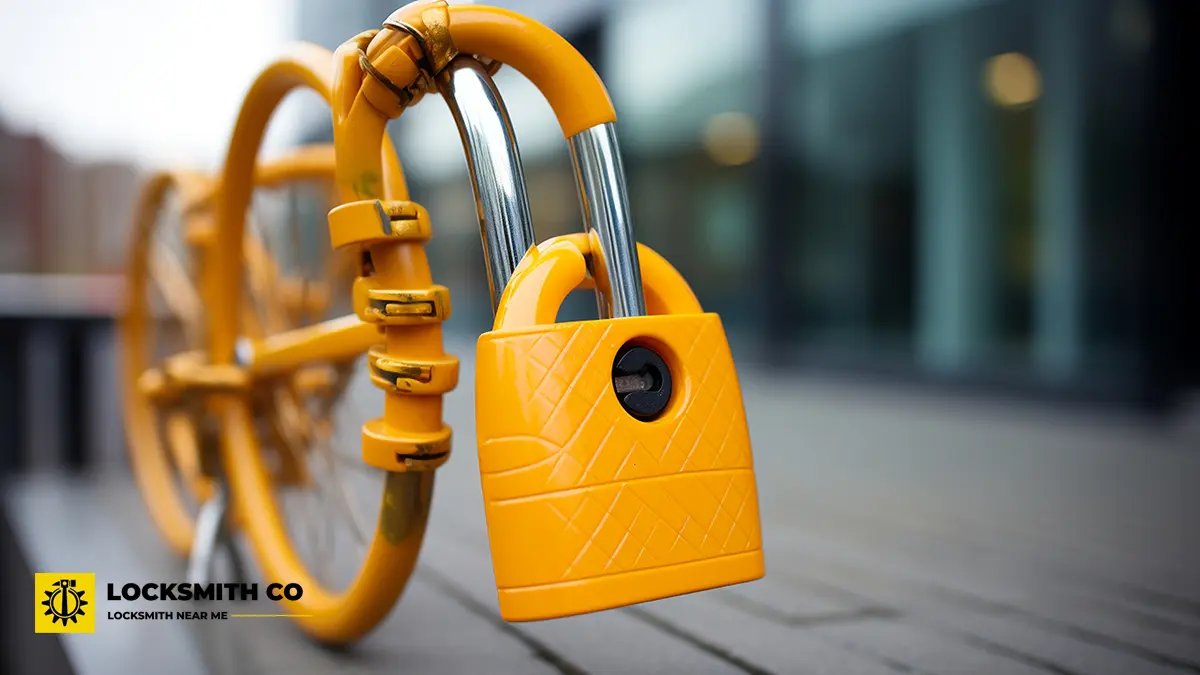
Traditional mortice locks are a common choice for many homeowners seeking reliable security.
These locks are embedded into the door itself, providing a sturdy and secure option.
Mortice locks typically come in two varieties: sash locks, which feature a latch and a bolt, and deadlocks, which only have a bolt.
One of the main advantages of mortice locks is their durability.
Made from strong materials such as brass or stainless steel, they are difficult to break or tamper with.
Additionally, they often meet British Standards, ensuring a high level of security.
However, installation can be more complex than other lock types, often requiring professional assistance.
In terms of compatibility, mortice locks are suitable for wooden doors and can be used for both internal and external doors.
Overall, traditional mortice locks offer a robust and time-tested solution for securing your home.
Cylinder Locks Explained
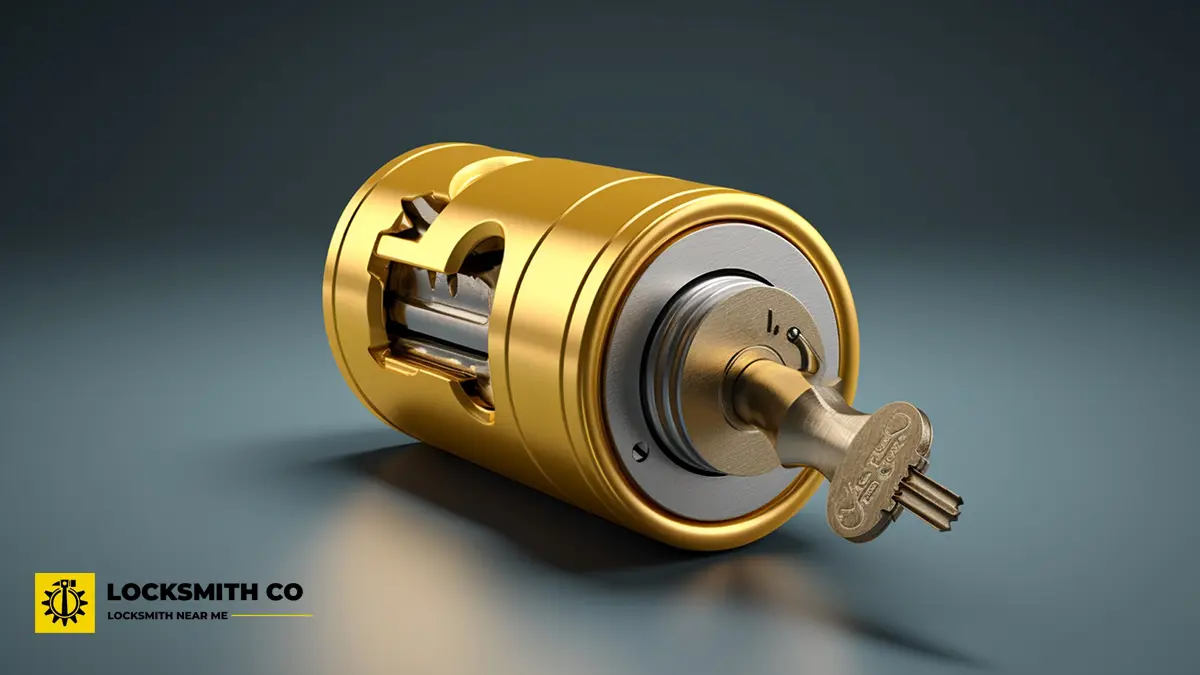
Cylinder locks, also known as pin tumbler locks, are widely used due to their convenience and versatility.
These locks feature a key-operated cylinder that can be easily replaced or rekeyed if necessary, making them a practical choice for many homeowners.
Cylinder locks come in various forms, such as single, double, and thumbturn cylinders.
Single-cylinder locks are operated with a key from the outside and a thumbturn on the inside, while double-cylinder locks require a key on both sides.
Thumbturn cylinders offer a combination of key and thumbturn mechanisms, providing added flexibility.
One of the key benefits of cylinder locks is their adaptability to different door types, including wooden, uPVC, and metal doors.
They are relatively straightforward to install and often used in conjunction with other locking mechanisms for enhanced security.
However, some cylinder locks can be vulnerable to techniques like lock snapping, so it’s crucial to choose high-security options, such as anti-snap cylinders, to maximise protection.
Smart Locks Overview
Smart locks represent the forefront of home security technology, offering a blend of convenience and advanced features.
These locks can be operated remotely using a smartphone, tablet, or computer, allowing homeowners to control access to their property from virtually anywhere.
Smart locks typically come with features such as keyless entry, which eliminates the need for physical keys.
Instead, access can be granted through PIN codes, fingerprint recognition, or even voice commands, depending on the model.
Many smart locks also integrate seamlessly with home automation systems, enabling you to sync them with other smart devices like lighting and security cameras.
The primary advantage of smart locks is their ability to provide real-time notifications and activity logs, allowing you to monitor who enters and exits your home.
Additionally, temporary access codes can be created for guests or service personnel, enhancing flexibility.
However, it is essential to ensure your smart lock has robust encryption and security features to safeguard against hacking attempts.
Factors to Consider
Security Ratings
When selecting a lock for your home, understanding security ratings is crucial.
These ratings, often provided by industry standards such as the British Standards Institution (BSI), indicate the level of security and durability a lock offers.
For example, locks that meet the BS3621 standard are recognised for their high security and are often required by insurance companies for external doors.
Another important rating to consider is the Sold Secure rating, which categorises locks into bronze, silver, and gold levels based on their resistance to various attacks.
Gold-rated locks offer the highest level of security, making them suitable for properties in high-risk areas.
Additionally, the TS007 rating specifically addresses the vulnerability of cylinder locks to snapping and other forms of tampering.
A 3-star TS007 rating signifies the highest protection against such methods.
Understanding these ratings helps ensure you choose a lock that meets your security needs while complying with insurance requirements, providing peace of mind and enhanced protection for your home.
Ease of Installation
Ease of installation is a vital factor to consider when choosing a lock for your home.
Some locks, such as traditional mortice locks, often require professional installation due to the need for precise fitting and alignment within the door.
This can add to the overall cost and time needed to secure your home.
On the other hand, cylinder locks and smart locks tend to offer simpler installation processes.
Cylinder locks can often be installed with basic tools and minimal expertise, making them a popular choice for DIY enthusiasts.
Smart locks, while generally straightforward to fit, may require additional steps such as syncing with your home network or other smart devices.
Understanding the complexity of the installation process can help you decide whether to tackle the task yourself or hire a professional.
Choosing a lock with an easier installation can save time and effort, allowing you to secure your home more quickly and efficiently.
Budget Constraints
Budget constraints play a significant role in the selection of a home lock.
While it’s tempting to opt for the most advanced or high-security options, it’s essential to balance your security needs with what you can afford.
Traditional mortice locks and cylinder locks are generally more budget-friendly and still provide robust security, especially when meeting recognised standards.
Smart locks, although offering advanced features and convenience, tend to be more expensive.
However, the added benefits such as remote access and integration with home automation systems can justify the higher cost for many homeowners.
When budgeting, also consider any additional expenses such as professional installation or maintenance.
It’s important to remember that investing in a good-quality lock can save money in the long run by preventing burglaries and potentially lowering insurance premiums.
Carefully assessing your budget while prioritising essential features will help you find a lock that offers the best value for your money without compromising on security.

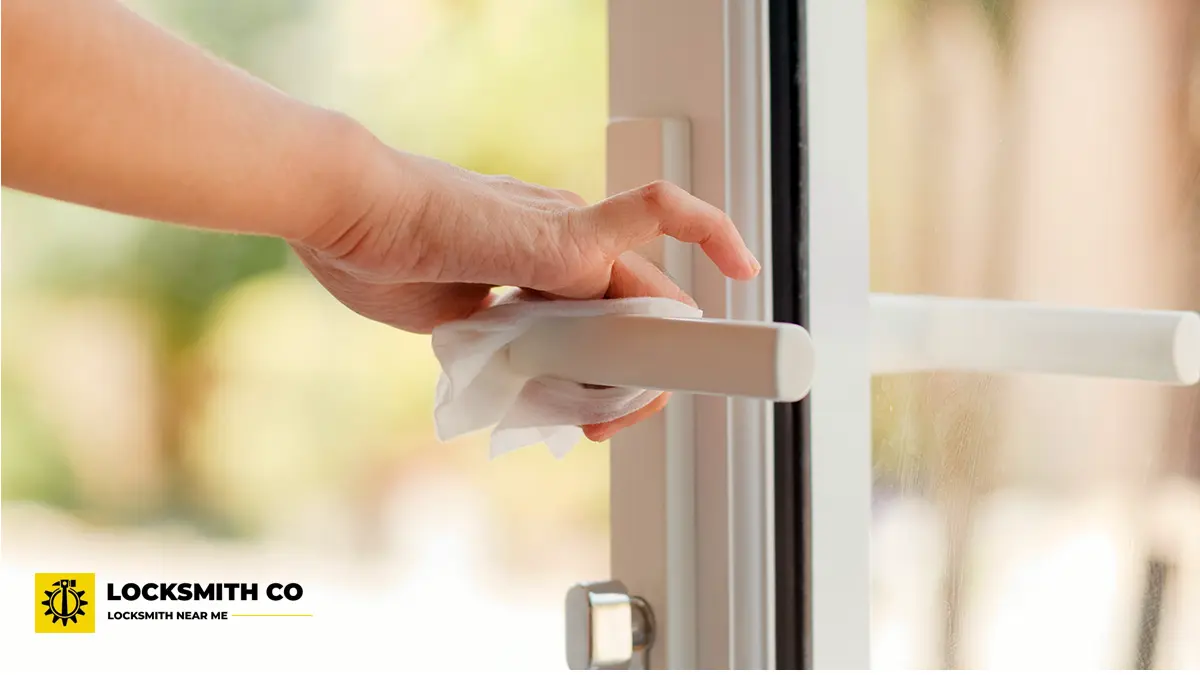
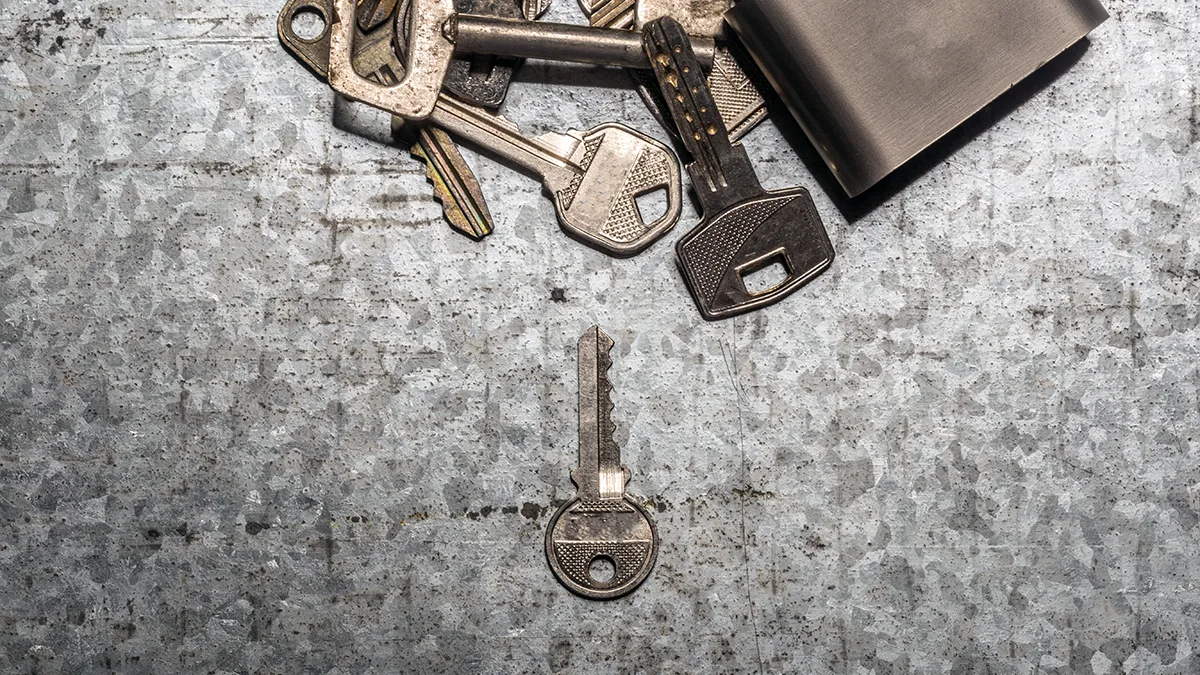
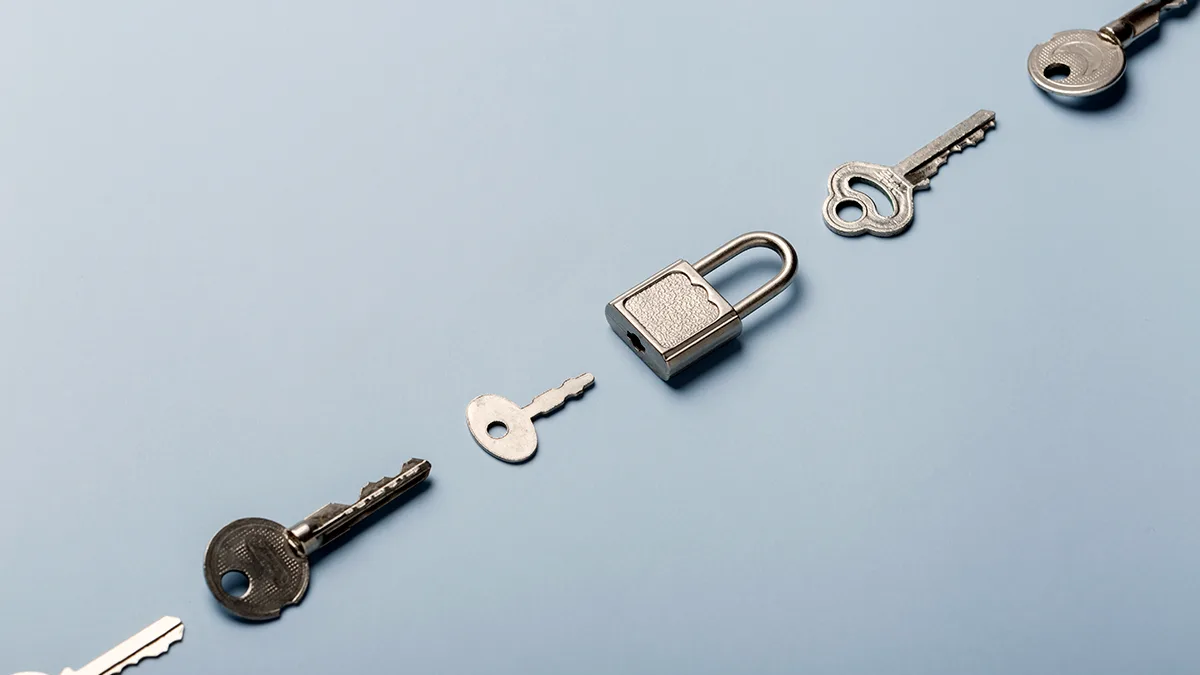
Comments (0)